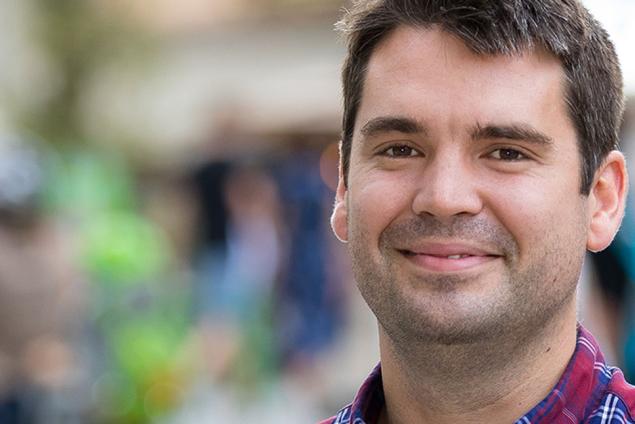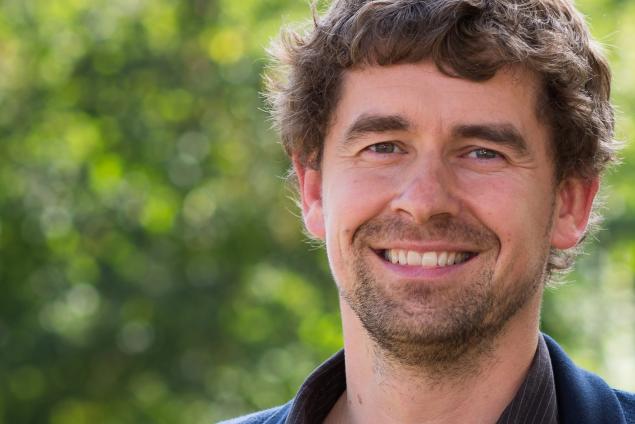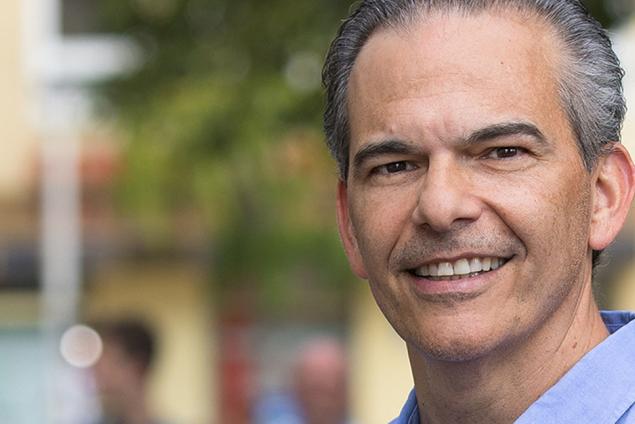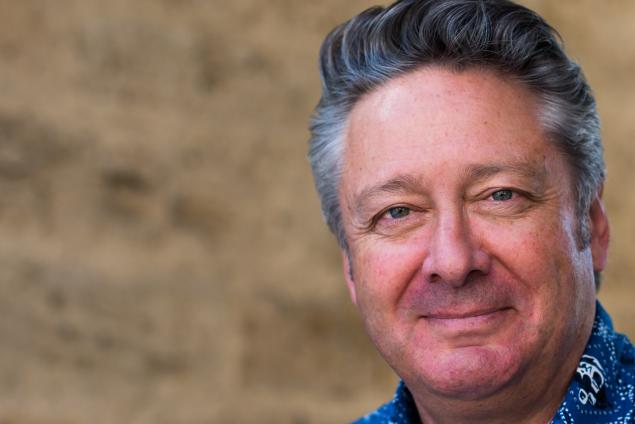Traditional theory holds that Homo sapiens’ first moved Out of Africa into Eurasia along coastal routes some 60,000 years ago. In this video, MICHAEL PETRAGLIA explodes this theory demonstrating that modern humans emerged from Africa much earlier and, at least some of the time, via inland routes. Employing satellite imagery to identify ancient rivers and lakes in what are present-day desert regions, the team pinpointed adjacent archaeological and paleontological sites which were then precisely dated. Not only does the work present evidence that Homo sapiens was already moving Out of Africa some 200,000 years ago, it also shows that these migrations occasionally happened inland. Along with giving us a deeper understanding of the history and abilities of our ancestors, positing a link between ancient Out of Africa migration and episodes of climate change, Petraglia’s research also has fascinating relevance to contemporary debates.
DOI:
https://doi.org/10.21036/LTPUB10702
Researcher
Michael Petraglia is Professor of Human Evolution and Prehistory at the Max Planck Institute for the Science of Human History. Formerly a Lecturer in Cambridge’s Faculty of Archaeology and a Professor in Oxford’s School of Archaeology and Anthropology, he has been involved with the Human Origins Program at the Smithsonian Institution in Washington D.C. since its inception. Working primarily on the Arabian Peninsula and the Indian subcontinent, Petraglia’s main research interests include human evolution and the links between ancient out of Africa migration and climate change. Author and editor of numerous scholarly works, Pertaglia’s most recent edited collection (with Nicole Boivin and Rémy Crassard) is entitled Human Dispersal and Species Movement (2017).
Institution
The Max Planck Institute of Geoanthropology (MPI-GEA) focuses on the interrelationships between natural and human-made systems, looking into the deep past and distant future to examine how humanity has driven the emergence of the Anthropocene – the geological period in which human activities began significantly impacting our planet’s climate and ecosystems – and how we can still positively influence its course.
The transdisciplinary research at MPI-GEA will bring together research areas represented by all three scientific sections of the MPG: Biology & Medicine; Chemistry, Physics and Technology; and Human Sciences. Corresponding inter- and transdisciplinary research projects concern, for example, planetary urbanisation, the global food system, and global material, energy and information flows.
Original publication
Rethinking the Dispersal of <i>Homo sapiens</i> out of Africa
others, Petraglia Michael D., Groucutt Huw S., Bailey Geoff, Scerri Eleanor ML., Parton Ash, Clark-Balzan Laine, Jennings Richard P., Lewis Laura, Blinkhorn James and Drake Nick A.
Evolutionary Anthropology: Issues, News, and Reviews
Published in 2015






